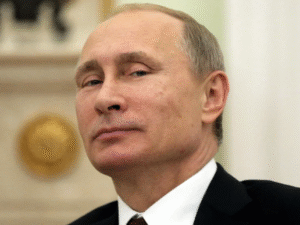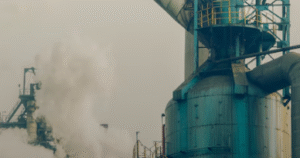$XAU $BTC $OIL
#MiddleEast #Geopolitics #Hizbollah #Lebanon #OilMarkets #Gold #Crypto #Inflation #Sanctions #Trading #Investing #Forex
Hizbollah faces an increasingly challenging future as economic turmoil and political instability weigh heavily on Lebanon. Traditionally backed by Iran, the militant group-turned-political entity has found itself contending with mounting financial pressure as international sanctions constrict funding avenues. To mitigate these challenges, Hizbollah has bolstered its grip on Lebanon’s social systems, using welfare programs to maintain its influence among economically struggling communities. However, the sustainability of this model remains uncertain as the country’s broader financial decline continues. The economic hardship faced by Lebanon, including heavy depreciation of its local currency and dwindling foreign reserves, makes it difficult for any political faction, including Hizbollah, to ensure long-term stability. The Lebanese pound has lost over 90% of its value in recent years, driving inflation higher and eroding purchasing power for everyday citizens. This dire situation has reinforced the importance of foreign capital flows, including remittances, as a lifeline for the local economy.
The impact of Hizbollah’s increasing reliance on welfare distribution extends beyond Lebanon’s borders, influencing regional investment landscapes and commodity markets. With geopolitical tensions already elevated across the Middle East, any instability in Lebanon has the potential to disrupt markets, especially oil and gold. Investors often turn to gold ($XAU) and Bitcoin ($BTC) as safe-haven assets during times of geopolitical uncertainty, meaning heightened concerns regarding Hizbollah’s future could push capital into these assets. Similarly, oil markets ($OIL), which are sensitive to Middle Eastern geopolitics, could anticipate supply disruptions or increased risk premiums if tensions escalate. The interconnected nature of warfare and financial markets makes Hizbollah’s economic challenges not just a localized issue but a global consideration for traders and investors.
Hizbollah’s financial troubles come at a time when global markets are already experiencing volatility due to inflationary pressures, central bank rate decisions, and fluctuating energy prices. Sanctions-related restrictions on Iran, Hizbollah’s main ally and financer, have tightened in recent years, limiting Tehran’s ability to provide direct financial support. In response, Hizbollah has expanded its involvement in illicit trade, including narcotics and smuggling operations, to generate alternative funding streams. However, increased scrutiny from international regulators and intensified law enforcement measures make these channels less reliable. Consequently, the group’s economic dependence on controlling Lebanon’s domestic welfare programs is likely to become even more pronounced in the near future, further entrenching its role in the country’s social fabric while exacerbating financial strain.
For investors, monitoring developments involving Hizbollah is crucial, especially for those exposed to emerging markets, commodities, and currencies tied to geopolitical risks. If tensions escalate in Lebanon and broader Middle East instability rises, markets could see flight-to-safety trends, increasing demand for gold, Bitcoin, and oil hedging strategies. Additionally, forex markets may experience heightened volatility, particularly with currencies in the region. Traders will be closely watching policy responses from both Western governments and regional powers like Iran and Saudi Arabia. Overall, Hizbollah’s worsening financial position and its ramifications on Lebanon’s economic health remain a key issue with wide-reaching implications for global markets.







Comments are closed.